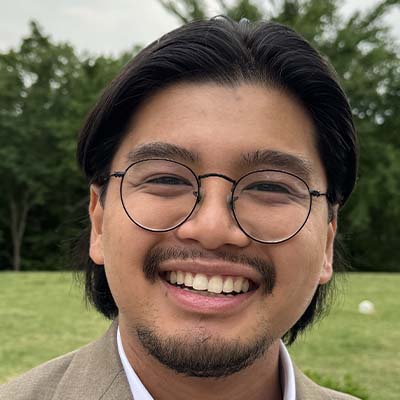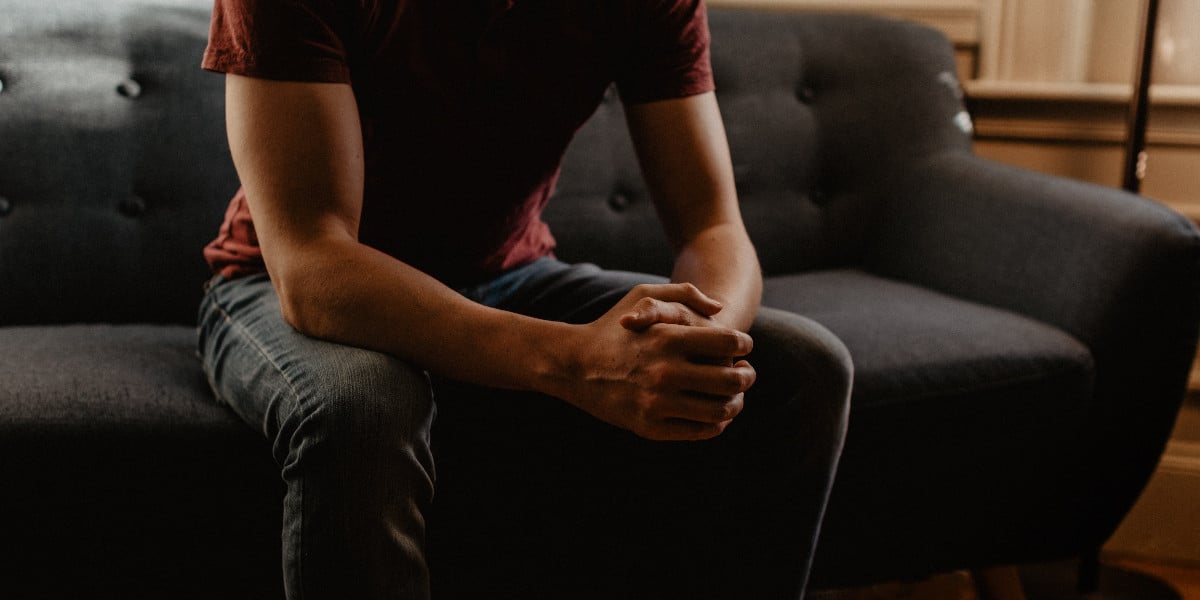
Consider Multicultural Counseling
A Brief History of My Name
Hello, my name is Jed Aquillo! Yes, like Jed Clampett, from the Beverly Hillbillies. I know what you’re thinking, “Jed? You don’t look like a Jed!” Well, Jed is the name I have known my entire life; it is the name my parents call me, it is the name my friends call me, it is the name that I talk to myself with. However, my real name is Eduardo Janolo Aquillo III. Now, I know you’re wondering, why “Jed”? Well, for starters, Jed starts for Junior EDuardo. What began as a fun little nickname for my parents has become my full identity. It makes me, well, me. I don’t even answer very much to Eduardo.
Cultural Identity
This does not mean that I am not proud of my name—my real name, I mean. Eduardo is also who I am. It is the name of my dad, and his dad. I am so proud of that. Don’t worry, this is not just an article of me being proud of my name, or proud of who I am, but rather that I have so much pride in my name because it is culturally rooted in my identity. Eduardo Janolo Aquillo III, son of Filipino immigrants, but culturally Filipino-American. That term, my identity, is something that I take so much pride in, and when my therapists know that, it has deepened my connection and therapeutic relationship with them.
Opportunities for Kindly Correcting Confusion
Now, a bit of background: In the Philippines, which was colonized by Spain in 1565, many of my fellow Filipinx share a Spanish-influenced name. Many Filipinx and Filipinx-Americans you meet may have a last name that seems like it does not belong to a country that consists of 7,641 floating islands in the Pacific Ocean. Aquillo, Rodriguez, De La Cruz, etc. I have been constantly confused for other Latin-American or Spanish-based ethnicities. I make it a point to ensure that when I do get confused for another race or ethnicity, I correct kindly and understandingly. They just might not understand what my background is.
Critical and Cultural Relevance
This is all to say and introduce that, as we all belong to a very diverse society, multicultural counseling is ever-growing in both importance and relevance. Many of our clients coming from different cultural backgrounds and identities have very different lived realities. This deeply affects how they may see mental health, but also how they might experience a mental health crisis. This also means that different cultural backgrounds view counseling through the cultural lens that they have grown up with. Many cultures may approach counseling with a negative connotation, leading to hesitancy to seek help, further deepening the issues they might be facing. Consequently, this puts our clients in a difficult position and often delays effective treatment.
For instance, Understanding the Role of Cultural Stigma on Seeking Mental Health Services, by California pediatric psychologist Sheila Modir, PhD, found that Black families may be more hesitant to seek mental health therapy due to the longstanding history of discrimination, racism, and mistreatment of the Black community by providers in the US, and instead look towards more independently handling adversity, while relying on more spiritual forms of support. They also found that Latinx families are more likely to seek support from family and friends and may describe their emotional troubles or stress in a physical manner. Some Asian American and Middle Eastern communities see mental health treatments as something that can bring cultural or familial shame, leading individuals to internalize their issues. These lenses, highlighted by Dr. Modir and her colleagues, show that hesitancy to find treatment may lead to ineffective treatment and further problems down the line.
Counseling With An Open Mind
As counselors, we should make it a point to ensure that, when going into our sessions, we remain conscious and open minded, making sure to be understanding of the client’s race, ethnicity, and identity. There are many different factors that contribute to our client’s wellbeing, and it is our job to develop a deeper sense of cultural awareness and understanding that will help and empower our clients within the identity that they feel the most comfortable in which to grow. With multicultural counseling, we can connect with our patients more effectively, empathize deeply, and tailor our treatments to the reality that our clients live in. In turn, our clients will be able to show a lens that we might have never seen before, making us better counselors as we and those we treat move forward.
To search our diverse team of Lifeologie therapists by location or specialty, visit or reach out and make an appointment with me at Lifeologie Counseling Midlothian. I look forward to hearing your unique story.

About Eduardo "Jed" Aquillo
Eduardo "Jed" Aquillo earned his Bachelor’s Degree in Psychology with a minor in neuroscience from the University of Texas at Arlington. He is currently completing his Master's in Clinical Mental Health Counseling at Tarleton State University. He believes it is important to focus on the present moment with a holistic, present-centered, and existential point of view. With an empathetic approach and a goal to build a safe and warm space, he sees children, adolescents, and adults with the supervision of Mary Helen Snowden, LPC, at Lifeologie Counseling Midlothian.
Meet Me



